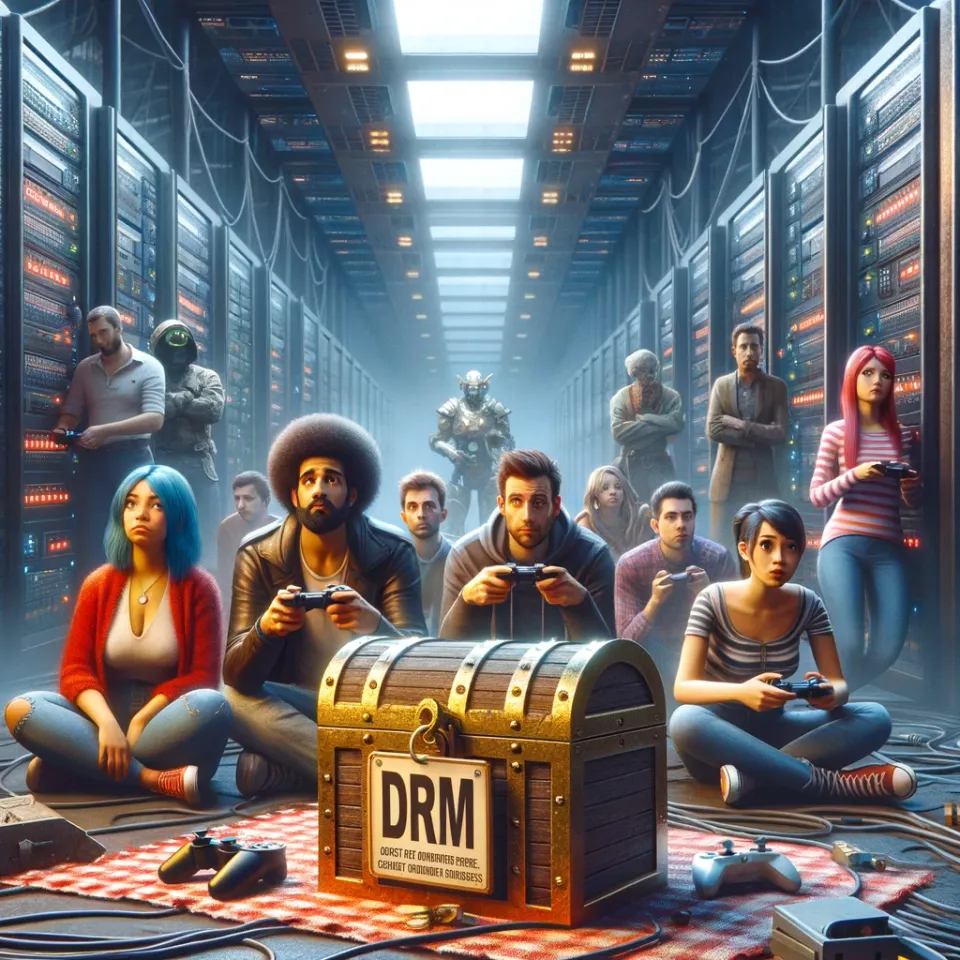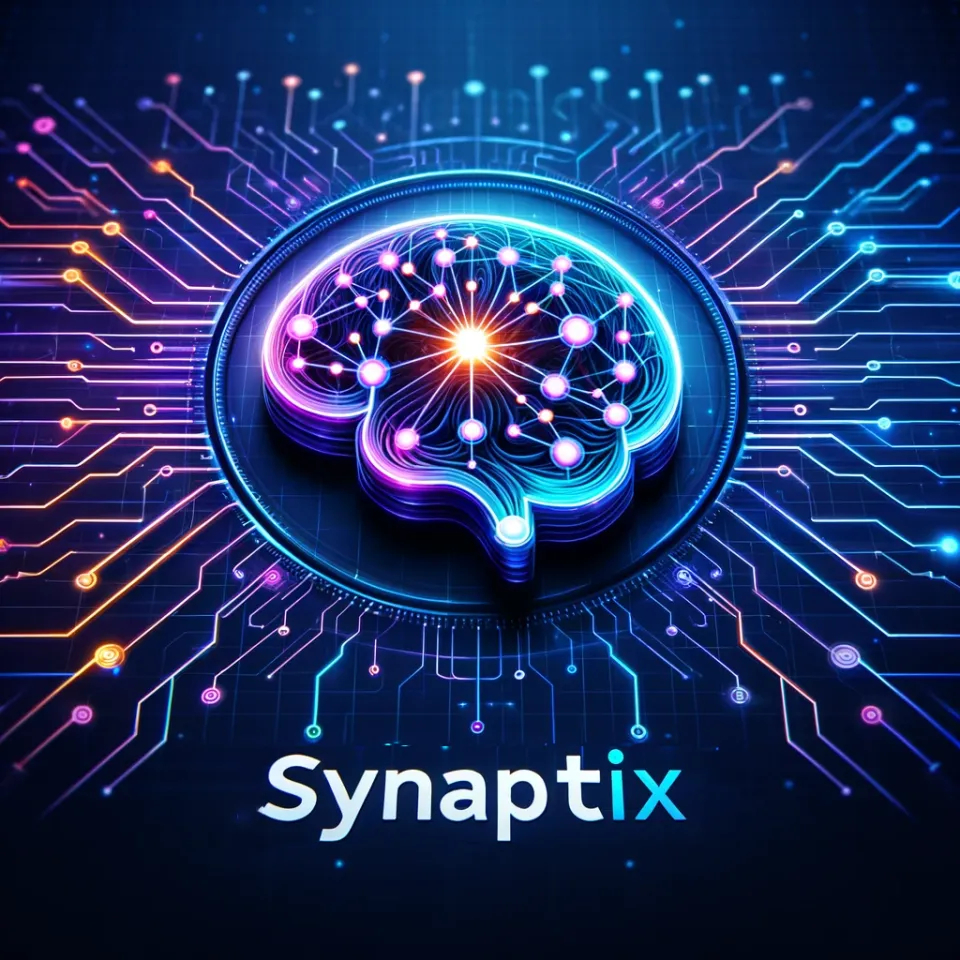The Evolution of Understanding: From Epilepsy to Free Will

Introduction:
Throughout history, society has grappled with understanding various phenomena—from the causes of epilepsy to the concept of free will. In this thought-provoking journey, renowned neuroscientist Robert Sapolsky challenges long-held beliefs about free will and argues for a more just society. His latest book, “Determined: A Science of Life Without Free Will,” delves into the biological and neurochemical influences that shape human behavior, challenging us to question the very notion of free will. By examining the historical misunderstanding of epilepsy and its correlation with misconceptions about human behavior, we can gain a deeper understanding of ourselves and the world around us.
1. Epilepsy: Misconceptions and Stigmatization
- The historical belief in lunar and humoral causes of epilepsy
- Condemnation, witchcraft, and the persecution of sufferers
- The transition from a supernatural explanation to a neurological understanding
2. The Evolution of Epilepsy Understanding
- Scientific advancements and the demystification of epilepsy
- The neurological basis of seizures
- Overcoming stigma and improving the lives of epilepsy patients
3. Recognizing the Limitations of Free Will
- Sapolsky's groundbreaking assertion: human behavior is beyond conscious control
- Challenging the belief in free will as essential to our self-perception
- How embracing determinism can lead to a more equitable society
4. Sapolsky’s Unconventional Perspective
- The intellectual honesty behind Sapolsky's views on free will
- Analyzing human behavior through a cross-disciplinary lens
- The ethical implications of accepting the absence of free will
5. “Determined”: A Deep Dive into the Biology of Human Behavior
- Sapolsky's acclaimed book "Behave" and its exploration of neurochemical influences
- The sequel, "Determined," expanding the argument against free will
- Tracing the influences that shape human behavior, from milliseconds to centuries
6. Shifting Paradigms for a Just Society
- The impact of embracing determinism on societal structures
- Rethinking criminal justice, punishment, and personal responsibility
- The potential for a more empathetic and equitable society
7. A Paradigm Shift in Understanding Ourselves
- The implications of accepting Sapolsky's thesis on a personal level
- Navigating our lives without the weight of personal culpability
- Shaping our education system and self-perception based on a more nuanced understanding
Conclusion:
Robert Sapolsky’s groundbreaking work challenges conventional wisdom regarding free will and urges us to confront the complexities of human behavior. Understanding the historical stigmatization of epilepsy allows us to draw important parallels with the current debate over free will. By embracing determinism, we can transform our society into one that cultivates empathy, rejects unfair blame, and promotes a more just and compassionate world for all.




